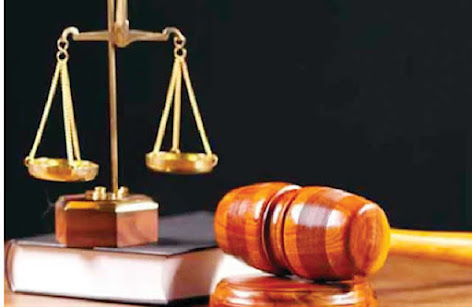By Emmanuel Onwubiko
Followers of news, events, information and development from the United Kingdom would have noticed that the hottest topic on the lips of most British politicians and bureaucrats is immigration. Immigration is a big issue in Great Britain given their peculiar and unique circumstances regarding the sudden upsurge in the number of irregular migrants that pour into Great Britain through the dangerous canals connecting Britain through France. Besides, border security and affiliated issues are key to defining the sovereign authority of a nation state.
In view of the aforementioned background information, I perfectly understand and appreciate the fact that the British government has an obligation to control the levels of migration into their Country given the increasing rates of costs of living and the economic crises that were thrown up by COVID-19 pandemic that slowed down the economic fortunes of many nations. Controlling migration also addresses the critical questions associated with national security and wellbeing of a nation.




















